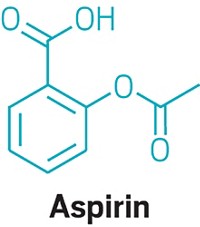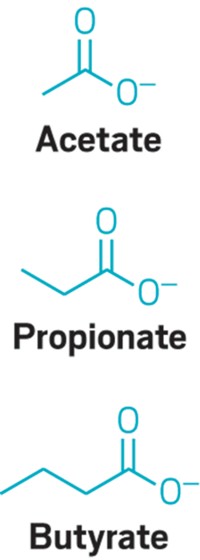Advertisement
Grab your lab coat. Let's get started
Welcome!
Welcome!
Create an account below to get 6 C&EN articles per month, receive newsletters and more - all free.
It seems this is your first time logging in online. Please enter the following information to continue.
As an ACS member you automatically get access to this site. All we need is few more details to create your reading experience.
Not you? Sign in with a different account.
Not you? Sign in with a different account.
ERROR 1
ERROR 1
ERROR 2
ERROR 2
ERROR 2
ERROR 2
ERROR 2
Password and Confirm password must match.
If you have an ACS member number, please enter it here so we can link this account to your membership. (optional)
ERROR 2
ACS values your privacy. By submitting your information, you are gaining access to C&EN and subscribing to our weekly newsletter. We use the information you provide to make your reading experience better, and we will never sell your data to third party members.
Biological Chemistry
Healthy Omega-3 Fatty Acid Metabolites
Scientists identify heart-healthy and anti-inflammatory compounds in foods and dietary supplements
by Stuart A. Borman
May 17, 2010
| A version of this story appeared in
Volume 88, Issue 20
Omega-3 fatty acids found in seafood and nuts or taken as dietary supplements have health benefits that include preventing cardiovascular disease and reducing inflammation. But the biochemical basis for these benefits has not been well understood. Bruce A. Freeman and Francisco J. Schopfer of the University of Pittsburgh and coworkers have now identified omega-3 fatty acid metabolites that may be responsible for the favorable effects and show how drugs such as aspirin can boost levels of the compounds (Nat. Chem. Biol., DOI: 10.1038/nchembio.367). The metabolites—a class of electrophilic oxo derivatives that the researchers call EFOXs—are produced by the action of the enzyme cyclooxygenase-2 (COX-2) on omega-3 fatty acids in macrophages. EFOXs bind to transcriptional regulatory proteins, and the resulting alterations in gene expression patterns have beneficial metabolic and anti-inflammatory effects. The COX-2 inhibitor aspirin induces the enzyme to produce greater than normal quantities of EFOXs, enhancing the effects. The findings suggest that EFOXs “are signaling mediators that transduce the beneficial clinical effects of omega-3 fatty acids, COX-2, and aspirin,” the researchers write.




Join the conversation
Contact the reporter
Submit a Letter to the Editor for publication
Engage with us on Twitter